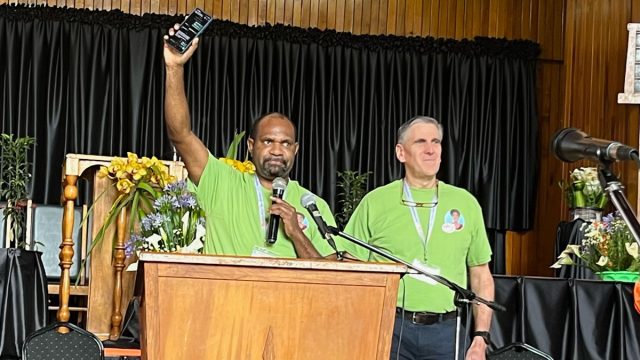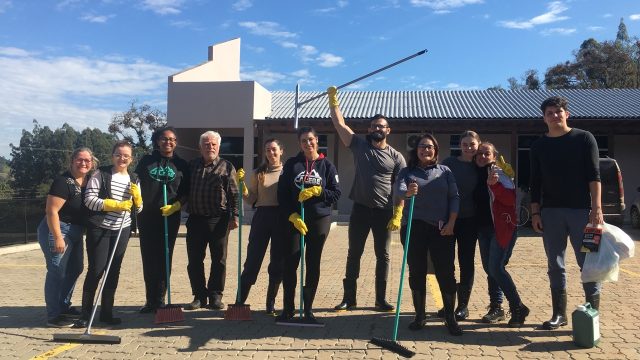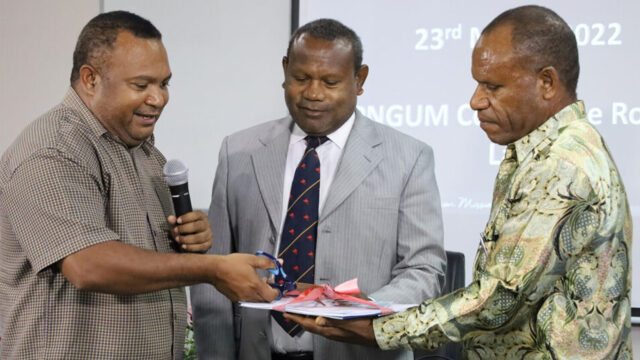“Then will I hear from heaven, and will forgive their sin, and heal their land.”

“If My people which are called by My name shall humble themselves and pray . . .”
The words evoke far-distant places and long-ago concerts—most of them small, modestly attended, and dripping with the summer heat.
Nine of us—college students all—spent a summer more than 40 years ago in a singing group that toured dozens of small congregations and multiple camp meetings in the northeastern United States. Living closely together for 10 weeks with those who began the tour as friends was its own kind of challenge: the second tenor honestly admitted months later, “This summer pushed friendships to the breaking point to see what they were made of.”
Yet every evening, after 75 minutes of carefully rehearsed songs and inspiring personal testimonies, we concluded each concert with a stirring anthem built on the words of 2 Chronicles 7:14. Holding hands (except when wiping the sweat from our brows or chasing away persistent flies), we sang with passion, clarity, and four-part harmony of the results of humility, of seeking God’s face, and turning to Him in obedience: “Then will I hear from heaven, and will forgive their sin, and heal their land.”
We knew so little about humility—or prayer—at the tender ages of 20 or 21. Our world shone with the luster of bright expectations as we envisioned soaring careers in medicine, teaching, social work, and ministry. The humility needed was out there—from the audience; in the congregation under the big camp meeting tent; among the difficult, hard-hearted souls whom we assumed were hindering God’s desire to heal and bless His people. We sang as evangelists of a truth we hadn’t yet learned to live, for humility is only occasionally a characteristic of even earnest, twenty something Christians.
Like so many other graces, humility and prayer are gifts that accompany increasing maturity in spiritual life. One must have lived awhile—probably a broken, painful while—to appreciate God’s persistent call to humble ourselves both before Him and each other; to pray both in the quiet place and with two or three who gather in His name. The conditions under which God obligates Himself to hear our prayers and heal our fellowship require us, as the expression has it, “to get over ourselves.” We still strive to sing the honest words of the old Shaker hymn—“To bow and to bend we will not be ashamed.”
This edition of Adventist World is an invitation to the same spiritual habits of which our touring chorus sang so blithely many years ago. Prayer without humility is only a soliloquy, a pious monologue that God can hear but that hard-heartedness makes difficult for even Him to answer. Humility is born, is nurtured, raised, and deepened when we join with other believers to claim the enduring promise of the Saviour: “For where two or three are gathered in my name, I am there among them” (Matt. 18:20, NRSV).
When you have read this month’s edition, find a friend—better yet, find two friends—and ask the Lord for the forgiveness and the healing His remnant people so much need just now.








